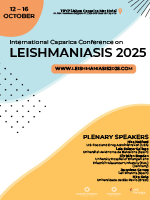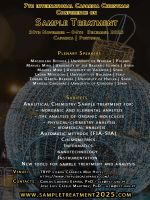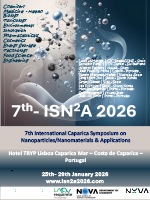Creation of Antifungal Antibiotics of New Generation by Chemical Modification and Genetic Engineering Methods– Modern Approach to a Solution of the Problem of an Antibiotic Resistance at Candidiasis İnfections
DOI: 10.5584/jiomics.v10i1.288
Abstract
One of the key and urgent problems in modern medicine and pharmacology in recent decades has become the problem of ineffective action of antibiotics or antibiotic resistance. Immunity of organisms to the action of antibiotics has led to the search for new effective drugs. Treatment of fungal infections, especially candidiasis, is also one of the most important problems in modern medical mycology. The solution of this problem was the creation of new forms of antifungal drugs that are more effective than their predecessors. Molecular transformation of antimycotics was carried out by the help of chemical modification and genetic engineering. Chemically modified antifungals of new generation were tested. Among them pimaricin, amphotericin B, nystatin and lucenzomycin. The positive effect of these drugs on test-cultures of different types of candidiasis in vitro was shown.









